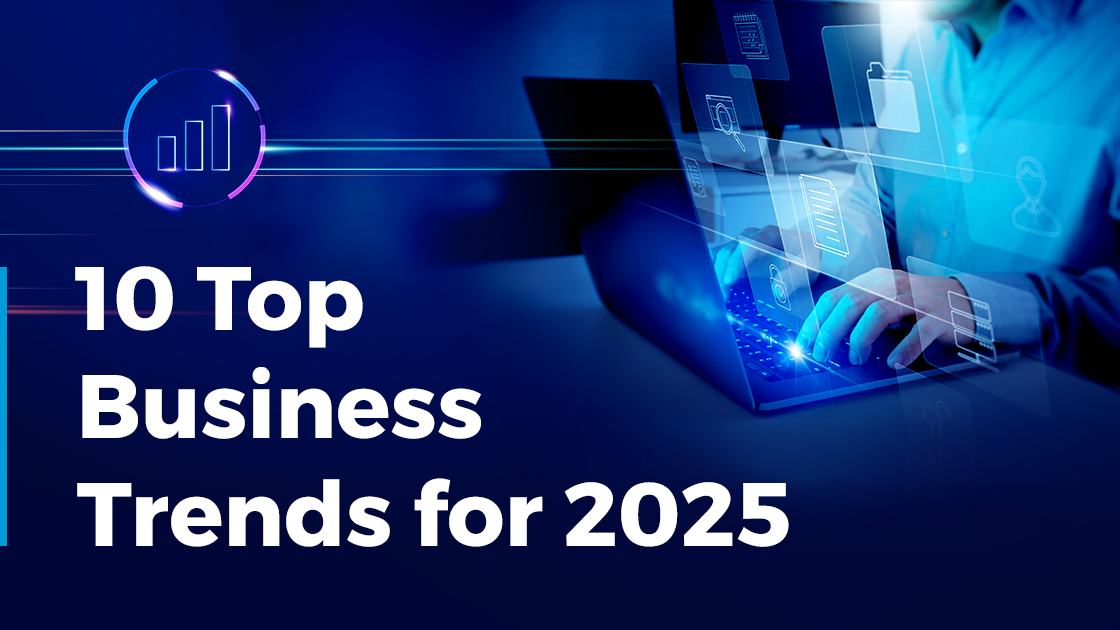Informative / Business Trend Analysis
Top U.S. Business Trends Reshaping the Market Landscape in 2025 for Entrepreneurs and Investors
Discover the most impactful U.S. business trends transforming the economic landscape in 2025. Learn how AI, sustainability, remote work, and innovation are leading the way.
Introduction: Why 2025 Is a Defining Year for U.S. Business
The American business landscape is evolving rapidly in 2025, fueled by advanced technologies, evolving consumer behavior, economic uncertainty, and social innovation. Entrepreneurs, investors, and corporations must stay ahead of these trends to remain competitive.
As we look ahead to 2025, it’s essential to recognize the underlying forces driving change in various industries. The convergence of technology, societal shifts, and global challenges presents both opportunities and threats for businesses. For entrepreneurs, understanding these dynamics is crucial for strategy formulation and operational success. For instance, the rise of e-commerce has fundamentally altered retail landscapes, necessitating businesses to enhance their digital presence. Furthermore, as consumers increasingly prioritize transparency, brands must adapt to this demand to build trust and loyalty.
Top Business Trends in the USA You Can’t Ignore
1. AI-Powered Operations & Workforce Automation
Consider how AI is revolutionizing not just customer interactions but also backend operations. Many companies are leveraging machine learning algorithms to predict consumer behavior, optimize supply chains, and enhance decision-making processes. For example, companies like Netflix use AI to analyze viewer data, which in turn influences content creation and marketing strategies. Such applications of AI demonstrate a profound shift in how businesses operate, making them more efficient and responsive to market demands.
AI is no longer a future trend—it’s the present. Businesses are streamlining customer service, logistics, and HR using AI.
“Artificial Intelligence is the electricity of the 21st century.” – Andrew Ng
- Example: Walmart’s AI-powered inventory systems and Amazon’s generative AI tools for sellers.
- Stat: 70% of U.S. businesses are integrating AI in at least one department (Forrester, 2025).
2. Remote Work is Here to Stay—With Upgrades
Hybrid and remote-first companies are thriving thanks to improved collaboration tools, digital onboarding, and employee monitoring tech.
- Famous Name: Satya Nadella, CEO of Microsoft, emphasizes “work from anywhere” with new Microsoft Teams upgrades.
- Stat: 61% of U.S. workers prefer hybrid work settings (Gallup, Jan 2025).
Moreover, the pandemic has catalyzed a permanent shift towards remote work. Organizations are not just adopting remote policies; they are investing in technology that facilitates seamless collaboration, such as advanced project management tools and virtual reality meeting spaces. This evolution has also led to a reevaluation of workspace requirements, with many companies downsizing physical office spaces while enhancing remote working capabilities. Companies like Zoom and Slack have emerged as essential tools in this new era of collaboration, underscoring the importance of digital communication in maintaining productivity.
3. Sustainable and ESG-Focused Business Models
Consumers are demanding eco-conscious brands. Companies are responding with carbon-neutral goals, ethical sourcing, and ESG reporting.
- Example: Patagonia and Tesla continue leading sustainable practices.
- Stat: 88% of Gen Z consumers want brands to be more environmentally responsible (Nielsen, 2025).
The emphasis on sustainability extends beyond consumer preferences; it is becoming a regulatory necessity. Governments are increasingly implementing policies that require businesses to disclose their carbon footprints and sustainability practices. Companies that proactively adopt sustainable practices not only fulfill legal obligations but can also benefit from enhanced brand loyalty and potentially lower operational costs through efficiency improvements. As a case in point, Unilever has committed to achieving net-zero emissions by 2039, demonstrating that sustainability is not merely a trend but a core business strategy for the future.
4. Boom in Franchising and MicroBusiness
Low entry costs, automation, and digital platforms have made franchising a go-to model for aspiring entrepreneurs.
- Hot Trend: Food trucks, online tutoring franchises, and health & wellness studios.
- Quote: “Franchising is one of the most accessible paths to ownership.” – International Franchise Association
5. Rise of FinTech and Decentralized Finance (DeFi)
Additionally, the surge in entrepreneurship has led to a more diverse landscape of businesses. Entrepreneurs are increasingly turning to low-cost franchising models to enter the market. This trend is particularly evident in sectors such as food and beverage, where mobile and flexible business models like food trucks have gained popularity. The adaptability of these models allows entrepreneurs to respond quickly to changing market conditions, making them a resilient choice in uncertain economic times.
FinTech startups are reshaping the way Americans borrow, invest, and transact—without traditional banks.
- Famous Names: Jack Dorsey (Block), Cathie Wood (ARK Invest)
- Stat: U.S. FinTech market projected to reach $500B in value by end of 2025 (Statista).
6. Health Tech Innovation & Biotech Boom
Biotech, mental health apps, and personalized medicine are exploding in popularity.
Furthermore, the FinTech landscape is rapidly evolving, with advancements in blockchain technology and peer-to-peer lending reshaping financial services. As traditional banks face competition from agile FinTech companies, they are compelled to innovate and enhance their digital offerings. This shift is not just limited to consumer banking; it extends to areas such as investment management, where robo-advisors are democratizing access to financial advice. As more individuals seek personalized financial solutions, the demand for FinTech services is expected to grow exponentially, presenting a plethora of opportunities for new entrants in this space.
- Example: Moderna’s expansion into cancer vaccines.
- Stat: U.S. digital health market to reach $300B in 2025 (McKinsey).
7. Creator Economy Driving Direct-to-Consumer (DTC) Models
Influencers are building personal brands and monetizing directly through platforms like Patreon, Substack, and Shopify.
- Famous Name: MrBeast (Jimmy Donaldson) – launching food, gaming, and DTC brands.
- Stat: Creator economy in the U.S. to surpass $200B in 2025 (Influencer Marketing Hub).
The Health Tech sector is witnessing unprecedented growth, propelled by the increased focus on preventive care and mental health awareness. Telehealth services are becoming mainstream, allowing healthcare providers to reach patients in remote areas. The integration of technology in healthcare not only improves access to services but also enhances patient outcomes through personalized treatment plans and real-time data analysis. Companies like Teladoc Health exemplify this trend, as they leverage technology to provide efficient healthcare solutions that align with current consumer expectations.

“Illustration of futuristic U.S. trends with AI, remote work, sustainability icons, and the Creator Economy driving a digital transformation in business.”
Lastly, the Creator Economy is reshaping traditional marketing and sales strategies. Brands are increasingly collaborating with influencers to create authentic connections with their audiences. This shift toward influencer marketing is not just about promotions; it’s about building communities and engaging consumers on a personal level. As consumers become more discerning, they gravitate towards brands that resonate with their values and lifestyles. This trend underscores the necessity for businesses to adapt their marketing strategies to remain relevant in a highly competitive digital landscape.
FAQs
Q1: Which sectors are growing fastest in the U.S. in 2025?
A: FinTech, HealthTech, Creator Economy, and Sustainable Brands.
Q2: How is AI impacting U.S. businesses?
A: It’s driving automation, customer experience, HR processes, and data analysis.
Q3: What’s the future of remote work in America?
A: Hybrid work is the new standard, especially in tech, finance, and media.
As we conclude our exploration of the top business trends reshaping the market landscape in 2025, it’s clear that adaptability and innovation are paramount. Businesses that embrace these trends and integrate them into their operations will not only survive but thrive in the dynamic marketplace. The future of business is not just about keeping up with changes; it’s about leading the charge towards a more sustainable, inclusive, and technologically advanced economy.




